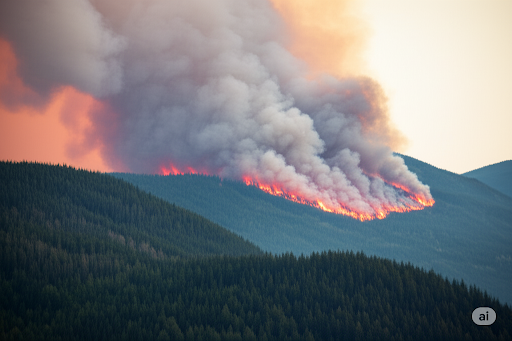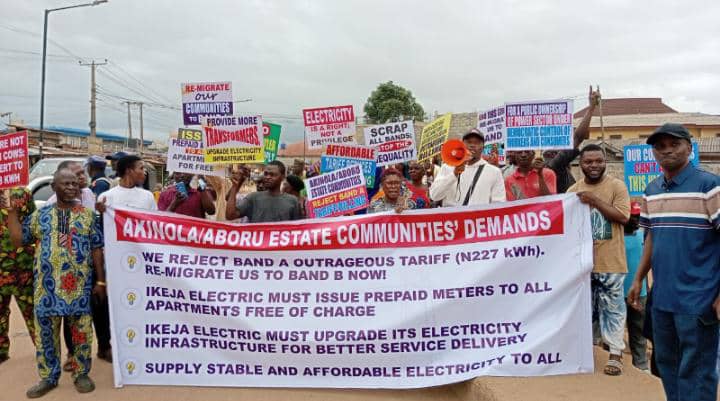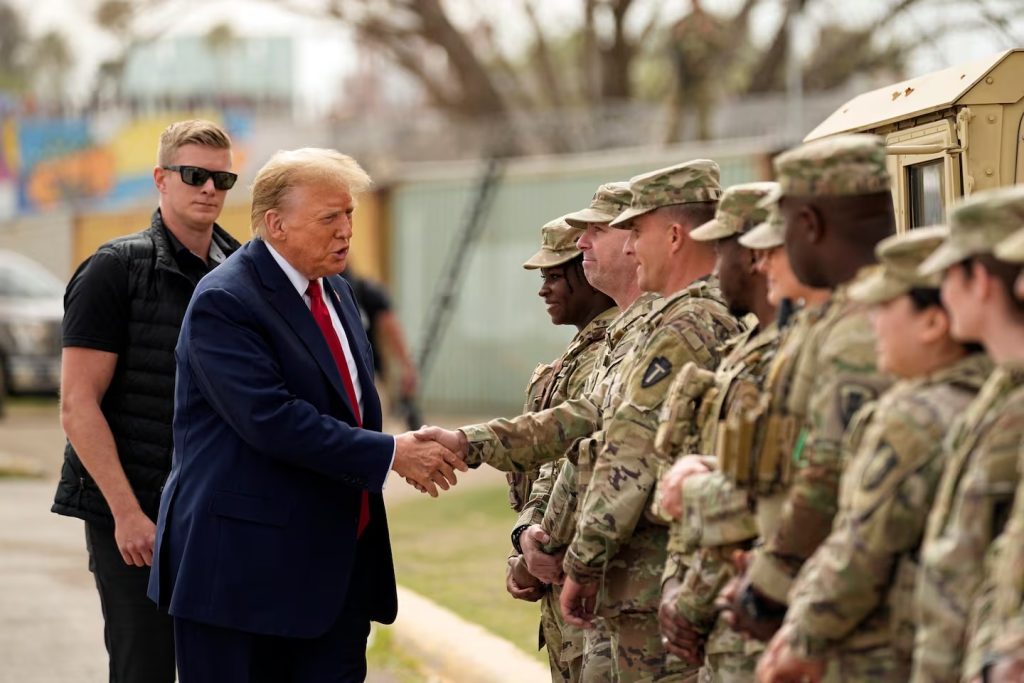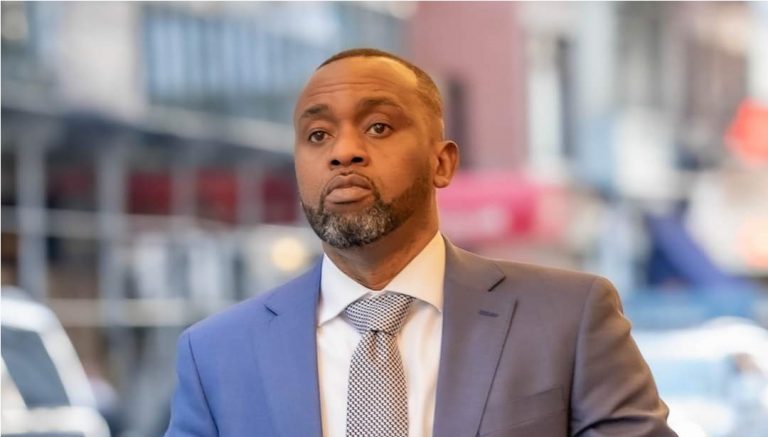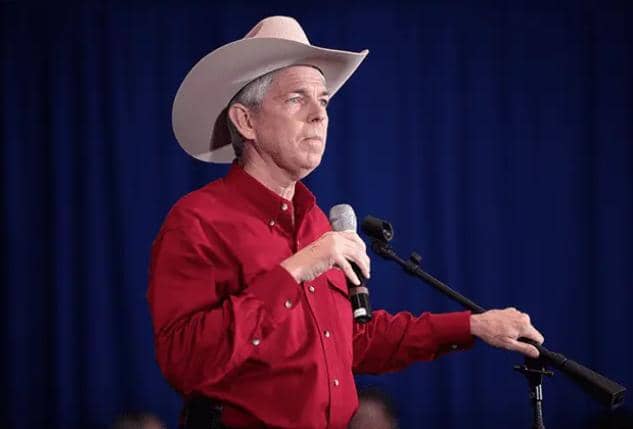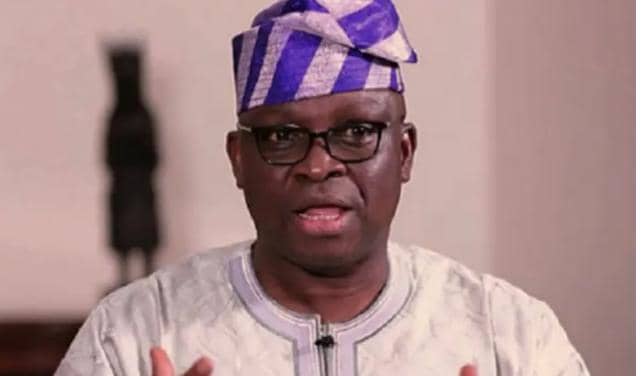Featured
U.S. troops join immigration efforts, triggering fierce backlash
DDM News
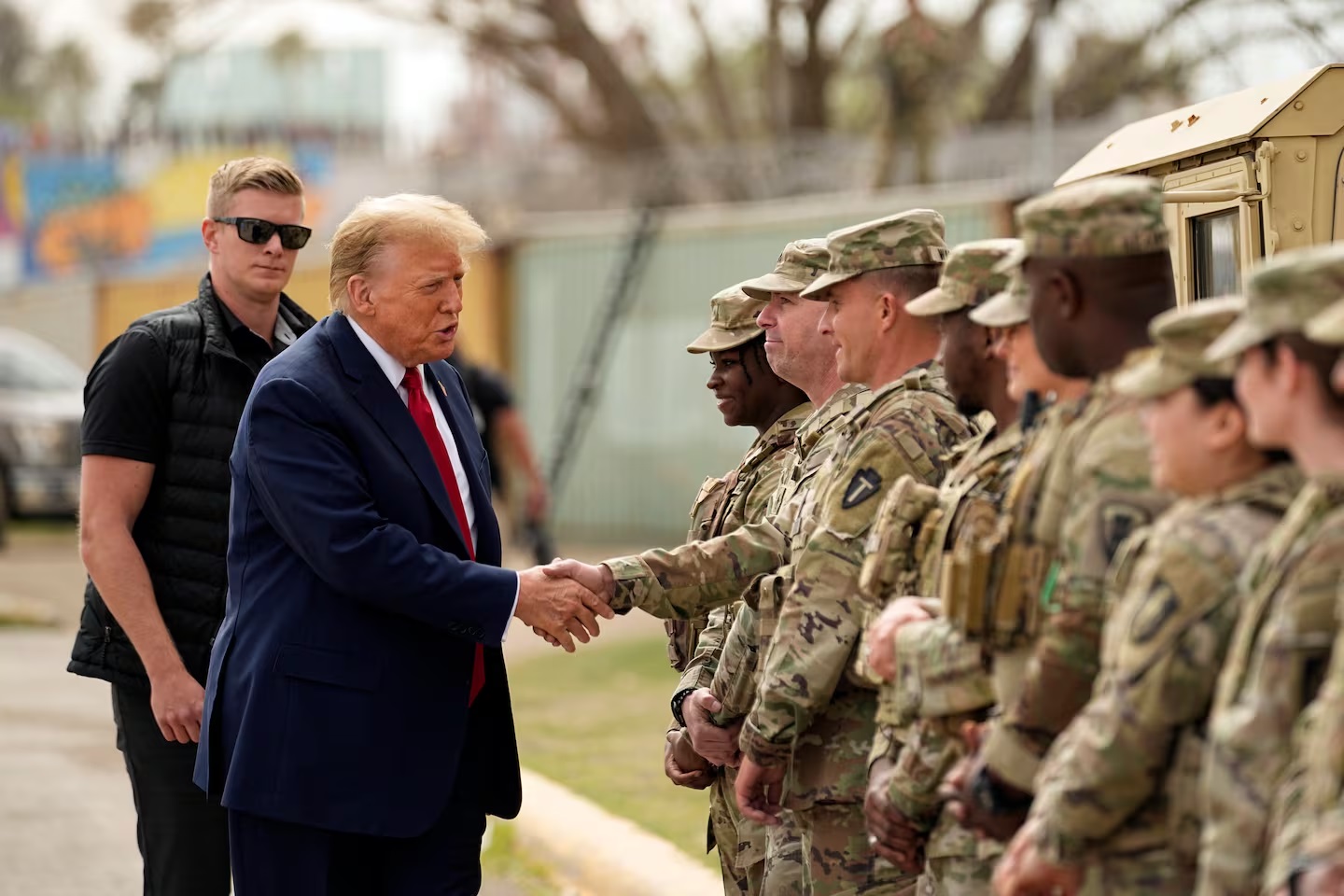
President Donald Trump has ordered U.S. troops to assist immigration enforcement operations across key regions of the southern border.
The move sparked fierce backlash from civil rights advocates, Democratic leaders, and immigration-focused organizations nationwide, Diaspora Digital Media (DDM) gathers
Troops deployed are primarily tasked with logistics, surveillance, transportation, and administrative duties, not direct arrests or law enforcement actions.
However, critics argue that even indirect military involvement threatens civil liberties and violates constitutional norms.
The American Civil Liberties Union (ACLU) released a statement denouncing the decision as dangerous and authoritarian.
They emphasized that using active-duty soldiers blurs the line between civilian policing and military operations.
California Governor Gavin Newsom condemned the action and filed a lawsuit to block troop deployment in his state.
Newsom stated the move violates states’ rights and marks an aggressive federal overreach into local jurisdiction.
Los Angeles Mayor Karen Bass joined in opposition, calling the deployment provocative and harmful to community trust.
She warned that military involvement in immigration policy undermines peace and community cooperation.
Despite public outcry, the Trump administration insists the deployment is temporary and purely supportive.
A White House spokesperson described the action as necessary due to the strain on immigration infrastructure.
Protests erupted in cities like Los Angeles, El Paso, and McAllen, drawing hundreds of demonstrators.
Protesters held signs reading “No troops in our towns” and “Demilitarize immigration.”
In Los Angeles, some protests were declared unlawful assemblies and led to arrests by local police.
Immigrant families report growing fear, despite government reassurances that troops will not enforce immigration law directly.
Republican leaders and conservative commentators praised Trump’s decision as strong and necessary border enforcement.
They argue the move restores order and protects national sovereignty in a time of escalating border crossings.
Analysts suggest Trump is using immigration policy to energize his political base before the 2028 elections.
The administration has also reinstated a travel ban targeting 19 countries, citing national security concerns.
Twelve countries face full entry restrictions, while seven others face partial bans under the new policy.
This mirrors Trump’s first-term actions, now strengthened to withstand legal challenges in federal courts.
Legal scholars caution that expanding executive power through military use raises serious constitutional concerns.
The ACLU warns that these policies set dangerous precedents for future administrations.
The Trump administration insists that the deployment does not undermine civilian control or state authority.
Officials argue that rising asylum claims and undocumented migration have overwhelmed federal immigration systems.
This marks the first time since the civil rights era that a president overrode a governor for domestic deployment.
Experts warn the country may be approaching a critical turning point in civil–military relations.
Lawsuits from California and civil rights groups are likely to reach the Supreme Court.
As protests continue, the nation faces a renewed debate over the balance of power and the rule of law.
The question remains: Are these measures temporary solutions or signals of a long-term shift in governance?
Kindly share!!
For Diaspora Digital Media Updates click on Whatsapp, or Telegram. For eyewitness accounts/ reports/ articles, write to: citizenreports@diasporadigitalmedia.com. Follow us on X (Fomerly Twitter) or Facebook





